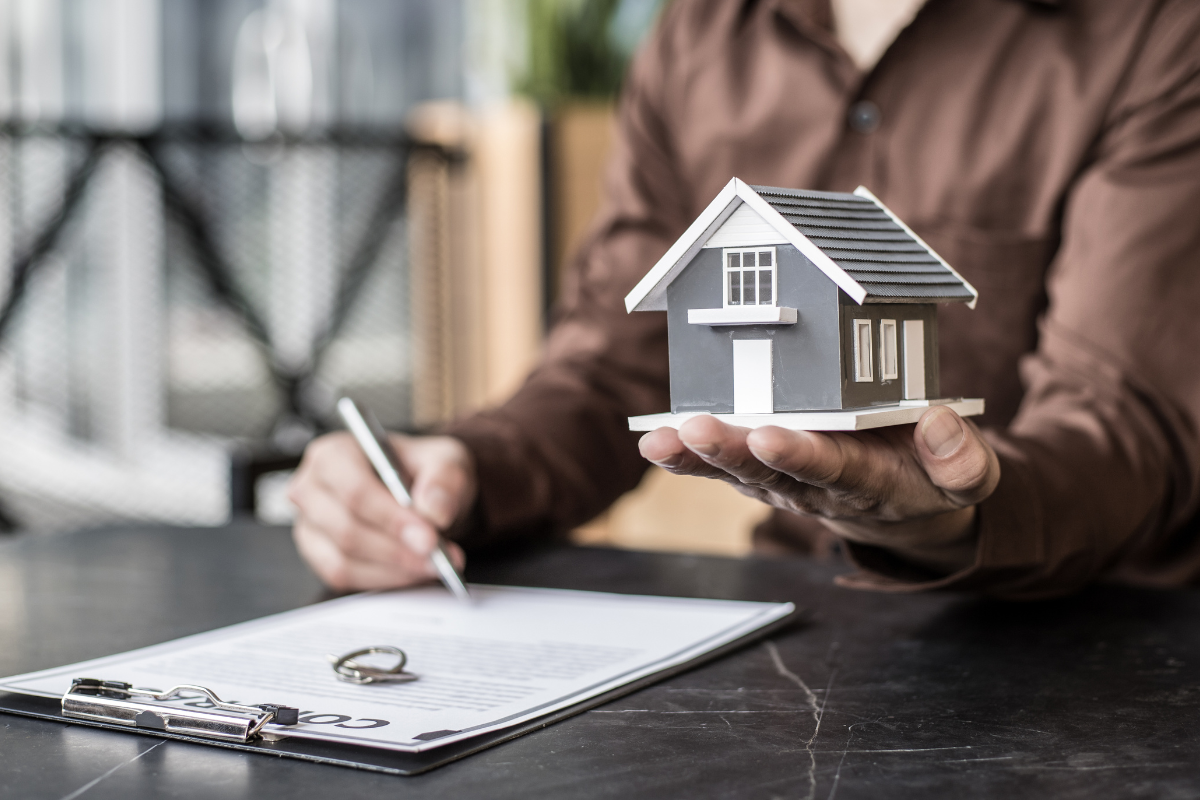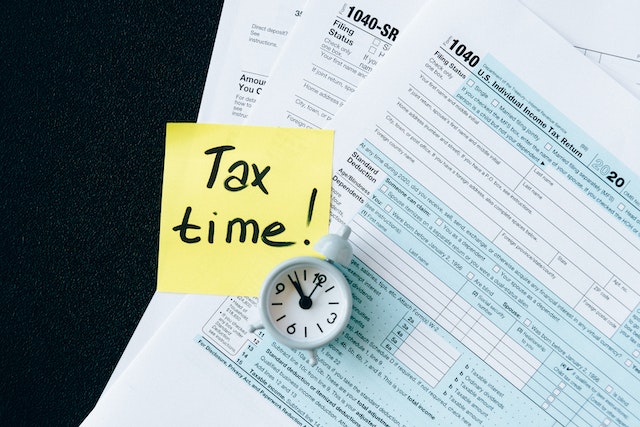Международное правопреемство — непростая сфера. Возникает множество вопросов, касающихся урегулирования международного правопреемства и необходимых процедур. Какое право применяется? Право страны, гражданином которой был покойный? Право страны, где находятся активы покойного? Право страны, где проживают наследники?
Международное правопреемство может показаться практически нереальной процедурой. Оформление международного правопреемства сопряжено со многими практическими трудностями.
Особенно это касается вопроса определения права, применимого к международному наследованию. Это также относится к налогообложению активов, возникающих в результате международного наследования. Таким образом, знание этих правил является главным условием управления активами налогоплательщиков.
Международное частное право претерпело значительные изменения после вступления в силу 17 августа 2015 года Европейского регламента (ЕС) № 650/2012 от 4 июля 2012 года о юрисдикции, применимом праве, признании и исполнении решений, принятии и исполнении аутентичных документов в вопросах наследования и создания Европейского свидетельства о наследовании, известного как Регламент о наследовании.
Что касается коллизионных норм, то Европейский регламент изменил практику, по крайней мере, в отношении двух аспектов:
- С одной стороны, он предусматривает применение единого закона ко всему наследованию, в то время как внутренние нормы были основаны на принципе разделения связи между движимым и недвижимым имуществом;
- Во-вторых, это открывает возможность выбора права наследования в пользу права гражданства умершего, в то время как французское законодательство запрещало любую автономию воли в этой области. Эти изменения расширяют круг обязанностей практикующего юриста по предоставлению консультаций.
Коллизионные нормы, вытекающие из Европейского регламента, носят универсальный характер и в тех случаях, когда регламент применим, они заменяют коллизионные нормы, основанные на местных правовых источниках. Однако данные правила по-прежнему применяются к наследствам, открытым до 17 августа 2015 года.
Кроме того, налогоплательщик должен проверить, считается ли имущество международным, т.е. представляет ли оно, с его точки зрения, хотя бы один иностранный элемент, такой как, в частности :
- иностранное гражданство умершего;
- обычное проживание за границей;
- наличие активов за рубежом.
Европейское законодательство утвердило принцип унитарного соединения наследства, при этом право, применимое к наследству, является правом государства места обычного проживания умершего, если только не сделан выбор в пользу права его гражданства.
Практикующий юрист ссылается на статью 21 вышеупомянутого регламента, которая устанавливает следующее общее правило:
« 1. Если в настоящих Правилах не предусмотрено ничего иного, то законом, применимым к наследованию в целом, является закон государства, в котором умерший имел постоянное место жительства на момент своей смерти.
2. В исключительных случаях, когда из всех обстоятельств дела становится ясно, что на момент своей смерти покойный был явно более тесно связан с другим государством, чем то, законодательство которого было бы применимо в силу пункта 1, правом, применимым к наследованию, является законодательство этого другого государства ».
В постановлении от 21 сентября 2022 года, опубликованном в Бюллетене (№ 19-15.438), Первая гражданская палата Арбитражного суда подтвердила эту позицию, заявив, что :
« Закон должен толковаться как означающий, что суд государства-члена должен по собственной инициативе заявить, что он обладает полномочиями в соответствии с правилом субсидиарной юрисдикции, изложенным в этом положении. […] Следовательно, апелляционный суд, который заявляет об отсутствии у французского суда юрисдикции для вынесения решения о наследовании и назначения наследника на том основании, что обычное место жительства покойного находилось в Великобритании, не поднимая по собственной инициативе вопрос о своей субсидиарной юрисдикции, нарушает это положение, даже если из его выводов следует, что покойный имел французское гражданство и владел имуществом во Франции ».
Декларация о международном правопреемстве во ФРАНЦИИ
Декларация о международном правопреемстве должна быть составлена по прилагаемым образцам. Оно должно быть подано в определенный срок.
Декларация о международном правопреемстве должна быть подана :
- в течение 6 месяцев со дня смерти, если смерть наступила во Франции;
- в течение 12 месяцев во всех остальных случаях. Однако существуют определенные исключения. В частности, это касается смерти жителей Майотты и Реюньона. Для жителей этих стран срок может быть продлен до двух лет в зависимости от места смерти.
Однако нет необходимости подавать заявление о наследовании, если валовые активы наследства составляют менее :
- 50 000 евро для передачи прямым наследникам, пережившему супругу и партнеру, связанному с умершим договором гражданской солидарности (PACS), при условии, что эти лица ранее не получали незарегистрированный или незадекларированный ручной дар от умершего;
- 3 000 евро для других наследников. Декларация о наследстве лица, умершего в другой стране, должна быть подана его наследниками в течение 12 месяцев после его смерти в Recette des Impôts des Non-Residents. Одновременно должен быть уплачен налог на наследство. Если покойный и/или его наследники проживают за границей, необходимо проверить, существует ли двустороннее международное соглашение между Францией и иностранным государством.
Ниже приведена таблица, в которой указаны налоговые пошлины на наследство, начисляемые на чистую налогооблагаемую сумму после вычета надбавок:
- Между супругами или гражданскими партнерами :
| 2023 |
Ставки |
Вычет по ставке |
| < 8.072 ЕВРО |
5% |
0 ЕВРО |
| Между 8.072 ЕВРО et 15.932 ЕВРО |
10 % |
404 ЕВРО |
| Между 15.932 ЕВРО et 31.865 ЕВРО |
15 % |
1.200 ЕВРО |
| Между 31.865 ЕВРО et 552.324 ЕВРО |
20 % |
2.793 ЕВРО |
| Между 552.324 ЕВРО et 902.838 ЕВРО |
30 % |
58.026 ЕВРО |
| Между 902.838 ЕВРО et 1.805.677 ЕВРО |
40 % |
148.310 ЕВРО |
| > 1.805.677 ЕВРО |
45 % |
238.594 ЕВРО |
| 2023 |
Ставки |
Вычет по ставке |
| < 8.072 ЕВРО |
5% |
0 ЕВРО |
| Entre 8.072 ЕВРО и 12.109 ЕВРО |
10 % |
404 ЕВРО |
| Entre 12.109 ЕВРО и 15.932 ЕВРО |
15 % |
1.009 ЕВРО |
| Entre 15.932 ЕВРО и 552.324 ЕВРО |
20 % |
1.806 ЕВРО |
| Entre 552.324 ЕВРО и 902.838 ЕВРО |
30 % |
57.038 ЕВРО |
| Entre 902.838 ЕВРО и 1.805.677 ЕВРО |
40 % |
147.322 ЕВРО |
| > 1.805.677 ЕВРО |
45 % |
237.606 ЕВРО |
- Между сестрами и братьями, живущими или представителями :
| 2023 |
Ставки |
Вычет по ставке |
| < 24. 430 ЕВРО |
35 % |
0 ЕВРО |
| > 24.430 ЕВРО |
45 % |
2.443 ЕВРО |
Племянники и племянницы, представляющие своих умерших или отказавшихся от наследства родителей, пользуются ставкой, действующей между братьями и сестрами, для наследств, открытых 1 января 2007 года или позднее.
Где следует декларировать имущество во ФРАНЦИИ?
В случае международного наследования декларация о наследстве должна быть составлена во ФРАНЦИИ. Декларация о наследстве лица, проживающего за пределами Франции, должна быть подана в налоговые органы. Декларация и платеж должны быть направлены в отдел по работе с нерезидентами Главного управления государственных финансов (DGFIP).
Налогообложение международного наследства
Определение налоговых правил, применимых к международному наследованию, может вызвать ряд серьезных затруднений. В принципе, применимой является налоговая система страны, в которой проживал умерший.
Поэтому обычно именно это государство имеет право облагать налогом имущество, принадлежавшее покойному на день его смерти. Однако существуют некоторые особенности международного налогообложения.
Недвижимость облагается налогом в стране, где она находится. Таким образом, в принципе, в контексте международного правопреемства ФРАНЦИЯ сохранит за собой право облагать налогом недвижимость, расположенную на ее территории.
ФРАНЦИЯ также будет иметь право облагать налогом наследников или завещателей, если они регулярно проживали во Франции для целей налогообложения в течение как минимум 6 из последних 10 лет, предшествующих передаче имущества. Однако возможны ситуации, когда активы покойного облагаются налогом в двух странах, что приводит к ситуации двойного налогообложения. В таких случаях ФРАНЦИЯ разрешает зачесть налог, уплаченный за рубежом, в счет налога, подлежащего уплате.
Особые правила в отношении имущества при международном наследовании
Необходимо различать две ситуации. Применимые правила различаются в зависимости от того, где проживал покойный для целей налогообложения — во ФРАНЦИИ или за пределами ФРАНЦИИ.
- Покойный имел постоянное место жительства и облагался налогом во Франции :
Все наследуемое движимое и недвижимое имущество, независимо от того, находится ли оно во ФРАНЦИИ или за рубежом, облагается налогом во ФРАНЦИИ. Таким образом, этот принцип применяется независимо от места жительства на момент наследования.
- Покойный не имел постоянное место жительства и не облагался налогом во Франции
Если наследник не имеет налогового домициля во ФРАНЦИИ на момент наследования или не проживал во ФРАНЦИИ не менее шести лет в течение десяти лет, предшествующих наследованию, он должен уплатить налог на наследство на движимое и недвижимое имущество, унаследованное во ФРАНЦИИ.
И все, чем он владеет напрямую или косвенно. Это касается, например, французских государственных фондов, процентных долей, активов или прав, составляющих часть траста, французских долгов и переводных ценных бумаг.
Если наследник проживает во ФРАНЦИИ в соответствии с налоговыми правилами на момент передачи наследства и проживает в ней не менее шести из десяти лет, предшествующих передаче, он будет обязан уплатить налог на наследство в отношении движимого и недвижимого имущества, которое он наследует, как во ФРАНЦИИ, так и за ее пределами. Это относится, например, к государственным фондам, процентным долям, фидуциарным активам или правам, долгам и, в целом, ко всем французским и иностранным ценным бумагам.
Читать далее













